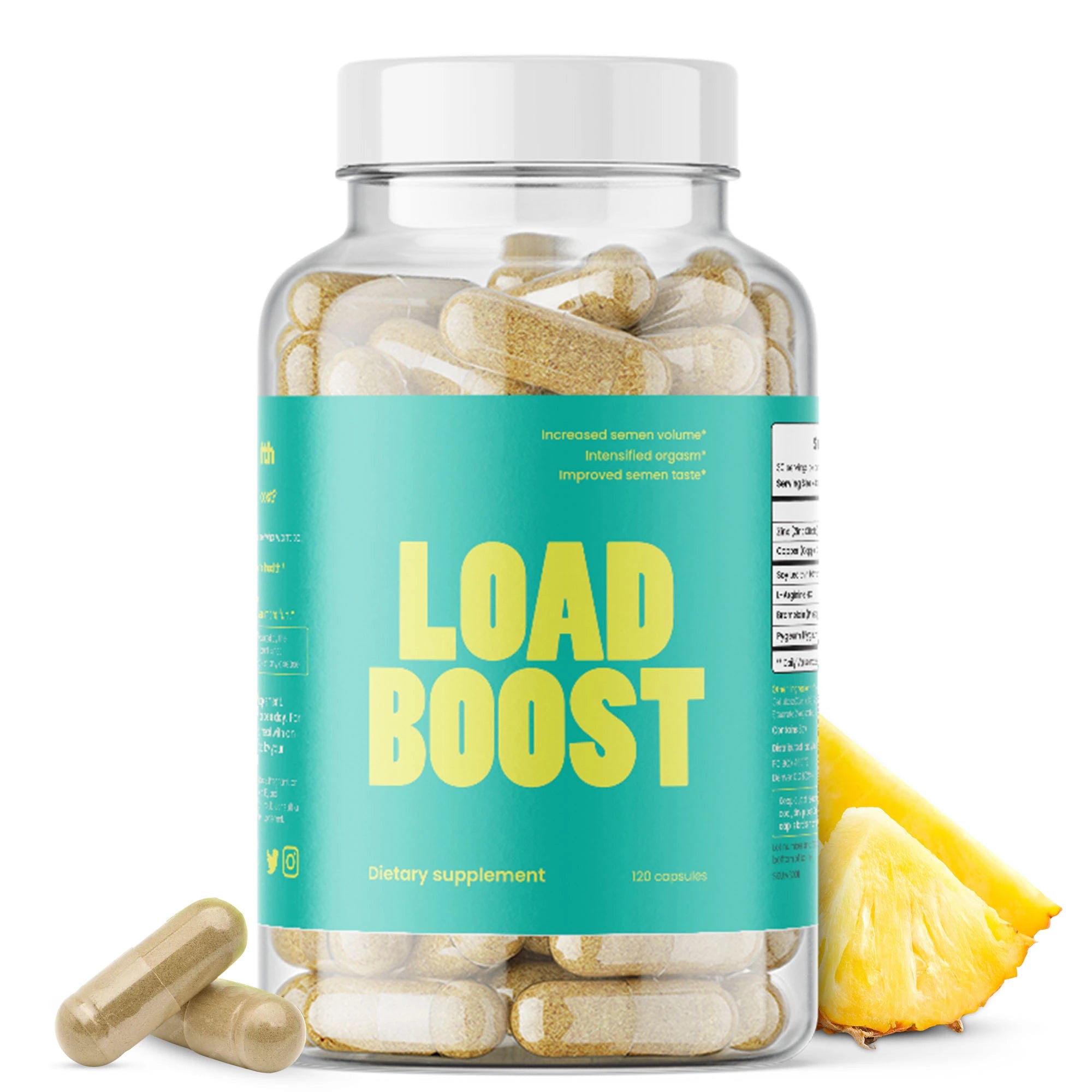Creatine is an exercise supplement with extensive research backing and widespread use among athletes and bodybuilders. Known primarily for its ability to enhance strength, improve high-intensity exercise performance, and support muscle growth, creatine has also been associated with weight changes. This raises a common question among fitness enthusiasts: Does creatine make you gain weight?
The Short Answer
Yes, creatine can lead to weight gain, but it is not due to fat accumulation. The weight gain associated with creatine is often a result of increased water retention in the muscles and, over time, an increase in muscle mass due to enhanced workout performance. Understanding the nature of weight gain and muscle building with creatine use is important for creatine users.
Understanding Creatine and Its Effects on the Body
Creatine is a naturally occurring compound found in certain foods and synthesized in the human body. It plays a vital role in energy production, particularly during short bursts of intense physical activity. Supplementation with creatine can increase the body's stored creatine and phosphocreatine, leading to improved workout performance, increased strength, and potential muscle hypertrophy (growth). This is especially true if you do a creatine loading phase, where you would intake more creatine and water than usual.
Mechanisms Behind Creatine-Induced Weight Gain
- Water Retention: Initially, creatine supplementation leads to increased water content within muscle cells. This process, known as cell volumization, can result in a quick increase in weight, which is not related to fat gain.
- Muscle Mass Increase: Over time, the enhanced performance and ability to support more vigorous workouts can lead to muscle growth. Since muscle tissue is denser than fat, this type of weight gain is considered beneficial and indicative of improved fitness.
- Increased Energy Stores: Creatine increases the phosphocreatine stores in your muscles, which can lead to slight weight increases due to the weight of the stored phosphocreatine itself. This takes time, so it still does not matter if you take creatine before or after your workout.
Differentiating Between Types of Weight Gain
It's important to distinguish between the types of weight gain, water vs fat, when considering creatine supplementation. The weight gain from creatine is due to increased intracellular water retention and muscle growth, both of which are positive outcomes for athletes and individuals focused on muscle building. This is in contrast to weight gain from fat, which is due to caloric surplus.
Considerations for Creatine Supplementation
Before starting creatine supplementation, there are a few factors to consider:
- Hydration: With the increased water retention associated with creatine use, ensuring adequate hydration is crucial. Aside from water you can also mix creatine with other liquids.
- Dosage and Loading: Following recommended dosages and potentially considering a loading phase can optimize creatine’s benefits and minimize side effects.
- Individual Response: Individuals may respond differently to creatine, with some experiencing more noticeable weight gain than others.
Creatine can indeed lead to weight gain, primarily through water retention and muscle growth rather than fat accumulation. This weight gain is generally seen as a positive effect, reflecting the supplement's ability to enhance muscle energy storage, improve performance, and support muscle growth.
Sources:




